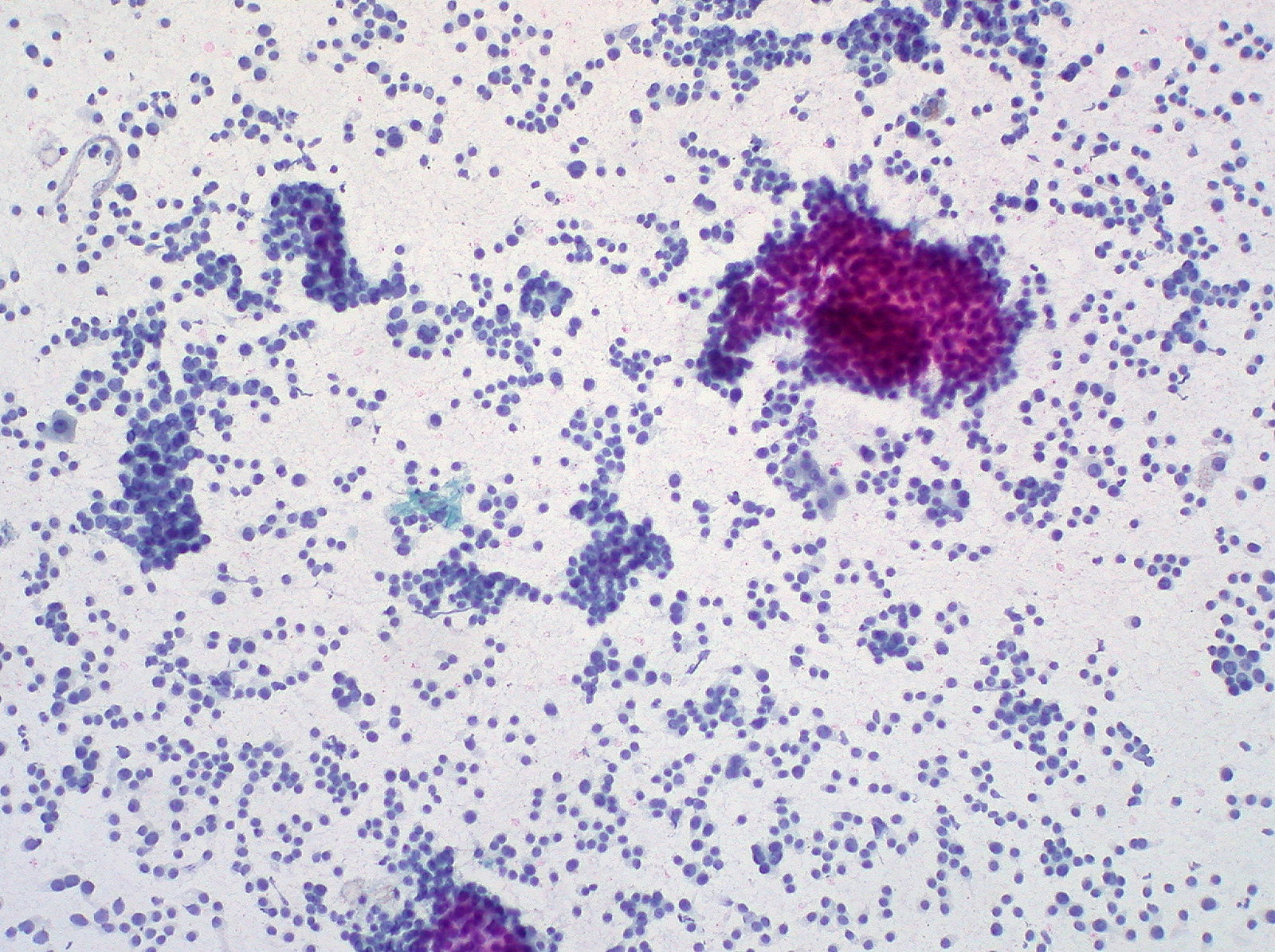Playlist
Show Playlist
Hide Playlist
Small Bowel: Carcinoid
-
Slides CarcinoidSyndrome Surgery.pdf
-
Download Lecture Overview
00:01 Welcome back and thanks for joining me on this discussion of carcinoid syndrome, a favorite of the USMLE examination under the section of small bowel. Before going further, I like to give you some background information which are high-yield in nature for carcinoid and in fact, neuroendocrine tumors in general. 00:21 First, carcinoid tumors are primitive stem cell derivatives. They usually occur in the small bowel but they can happen anywhere, appendix, colon, or the lung. They are usually considered indolent or slow growing tumors. But they can be aggressive and metastatic. Shortly, we’ll discuss what happens when the carcinoid tumor becomes metastatic. There is some association between the size of the carcinoid tumor and the rate of metastasis. What are some common symptoms of carcinoid tumors? Well, when we talk about carcinoid tumor symptoms, it usually means that the carcinoid tumor has become metastatic. We’ll get to this. Flushing, asthma, abdominal pain, these are all symptoms due to a very important serotonin secretion of the carcinoid tumor. What are some other findings? Potentially weight loss, early satiety, chronic anemia that’s not explained. Rarely, if the carcinoid tumor is in the small bowel, it can lead to small bowel obstruction and be the cause or lead point of an intussusception. 01:47 Intussusception is the topic of another lecture. What are some other symptoms? Diarrhea, bronchospasm, cardiac complications, all very high-yield associations with carcinoid tumor symptoms. 02:05 Again, dyspnea on exertion, edema, ascites, plaque like deposits of fibrous tissues, right heart valve is the most likely affected so new murmurs are potentially heard, and severe tricuspid regurgitation. 02:24 Interestingly, patients with carcinoid tumors and carcinoid syndrome can develop niacin deficiency due to the very important tryptophan metabolism to serotonin. Because tryptophan is a precursor to serotonin production, it then decreases the substrate for niacin production and vitamin B3 deficiency. 02:44 Here’s some schematic showing you where tryptophan is a precursor to many things, proteins, 5-HTP. 02:53 5-HTP is a precursor to serotonin. Tryptophan is a precursor to niacin. Back to my point about how because of the serotonin increased secretion or the need for additional substrate that there is not enough tryptophan potentially to go down the niacin pathway. Very importantly to point out, you’ll notice from the slide that serotonin then creates further metabolites including 5-HIAA which is very important for our diagnosis of carcinoid tumors. This is a high-yield topic in a syndrome of pellagra. 03:31 This is a constellation of dermatitis, dementia, diarrhea, and death. Again, dermatitis, dementia, diarrhea, and death.
About the Lecture
The lecture Small Bowel: Carcinoid by Kevin Pei, MD is from the course General Surgery.
Included Quiz Questions
Which of the following is CORRECT regarding carcinoid tumors?
- Tumor size correlates with the rate of metastasis.
- They are derived from mature endocrine cells.
- They can affect the small bowel, appendix, colon, and, most frequently, the kidneys.
- Most of them metastasize eventually.
- They grow rapidly.
Which is NOT a symptom of carcinoid syndrome?
- Hunger
- Flushing
- Abdominal pain
- Asthma
- Weight loss
Which of the following statements is TRUE about the effects of carcinoid syndrome on the heart?
- Right-sided valves are most likely affected.
- Plaque-like deposits occur in the ventricles.
- Severe aortic regurgitation is common.
- Dyspnea at rest is a mandatory symptom for diagnosis.
- Edema and ascites are rarely evident.
Which is NOT true about niacin deficiency?
- It is caused only by carcinoid syndrome.
- It is also called pellagra.
- It is common in carcinoid syndrome.
- It can result in death.
- Diarrhea, dementia, and dermatitis are common symptoms.
Customer reviews
5,0 of 5 stars
| 5 Stars |
|
1 |
| 4 Stars |
|
0 |
| 3 Stars |
|
0 |
| 2 Stars |
|
0 |
| 1 Star |
|
0 |
Very well explained. Nice questions too. Yet I prefer when all the disease is on the same video.




